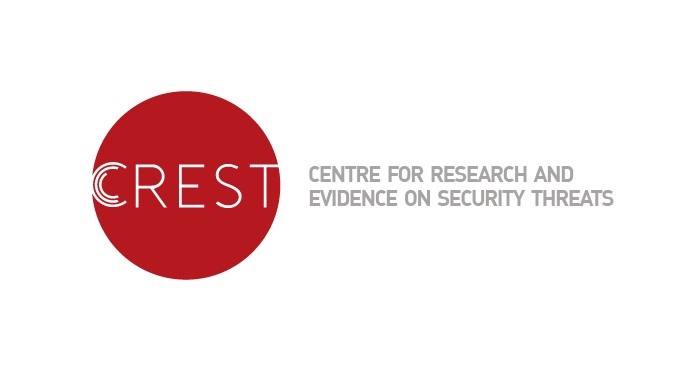A team of five experts from the University of Bath School of Management and Department of Psychology will help The Centre for Research and Evidence on Security Threats produce new behavioural and social science research into security threats to the UK.
The team will head up a programme within CREST – ‘Modelling online engagement patterns to infer risk’ to examine how online, virtual behaviour patterns can inform how an individual might behave in the physical world.
CREST announced earlier on Monday it had been awarded £5.3 million by the Economic and Social Research Council (ESRC), part of UK Research and Innovation, to produce new behavioural and social science research.
“As part of CREST, we are building a comprehensive dataset of terrorist attacks, and linking the attacker to existing datasets that contain records of their online behaviour. We will then build data-driven models to predict those who act and those who remain online only,” said Professor Adam Joinson of the School of Management.
“Over the last five years our inter-disciplinary team at the University of Bath has built an in-depth understanding of how people’s online behaviour can be used to profile aspects of who they are. Our next phase of work takes these techniques and applies to people’s actions in the physical, offline world. For instance, we know that many recent terrorist acts - for example, in Christchurch, New Zealand and at the Tree of Life Synagogue in Pittsburgh - have been conducted by people with a deep, protracted engagement in online settings that may have fuelled their extremism,” Joinson said.
The team comprises Joinson, Dr. David Ellis, Dr. Lukasz Piwek, and Dr. Joanne Hinds from the School of Management, and Dr. Laura Smith from the Department of Psychology.
Joinson said the team’s expertise – Smith on identity and mobilisation, Hinds and Ellis on digital footprints and measurement of behaviour, and Piwek on behaviour change – will enable them to build models to address questions about the nature of group mobilisation and how behaviour can be both measured and predicted.
Since launching in October 2015, CREST has brought together 140 researchers from 35 Higher Education institutions and SMEs who have, through their research and engagement activities, added value to security training, practices and policies.
The grant announced on Monday sees CREST funded until 2023 with £5.3m coming from the UK Home Office and UK security and intelligence agencies, and further investments made by its core partners at the universities of Bath, Central Lancashire, Lancaster, Portsmouth, St Andrews and University College London.
Director of CREST, Professor Paul Taylor from Lancaster University, said: “The quality and importance of what the CREST community has delivered since 2015 is nothing short of remarkable. Today’s funding announcement recognises these achievements. It allows the community to expand, break new ground, and ensure the UK and its partners have world-leading behavioural and social science at their fingertips when acting to keep us safe.”
As well as conducting world-class, independent research, CREST has taken a leading role in stimulating public and professional debate, connecting disciplinary communities, informing security policy and practice, and providing training to research leaders of the future.
Research will be led by academics at the universities of Bath, Central Lancashire, Lancaster, Portsmouth, St Andrews, and UCL (University College London), and by others as a result of competitive tender. The Centre’s initial focus is: research on ‘Risk Management’ producing up-to-date knowledge on cultural and online drivers of emerging threats to inform best practice; research on ‘Human Sources’ addressing challenges across the lifecycle of human sources of intelligence and supporting the integration of data; and research on ‘Deterrence and Disruption’ providing evidence of ‘what works’ while continuing to develop tools for assessing effects.

